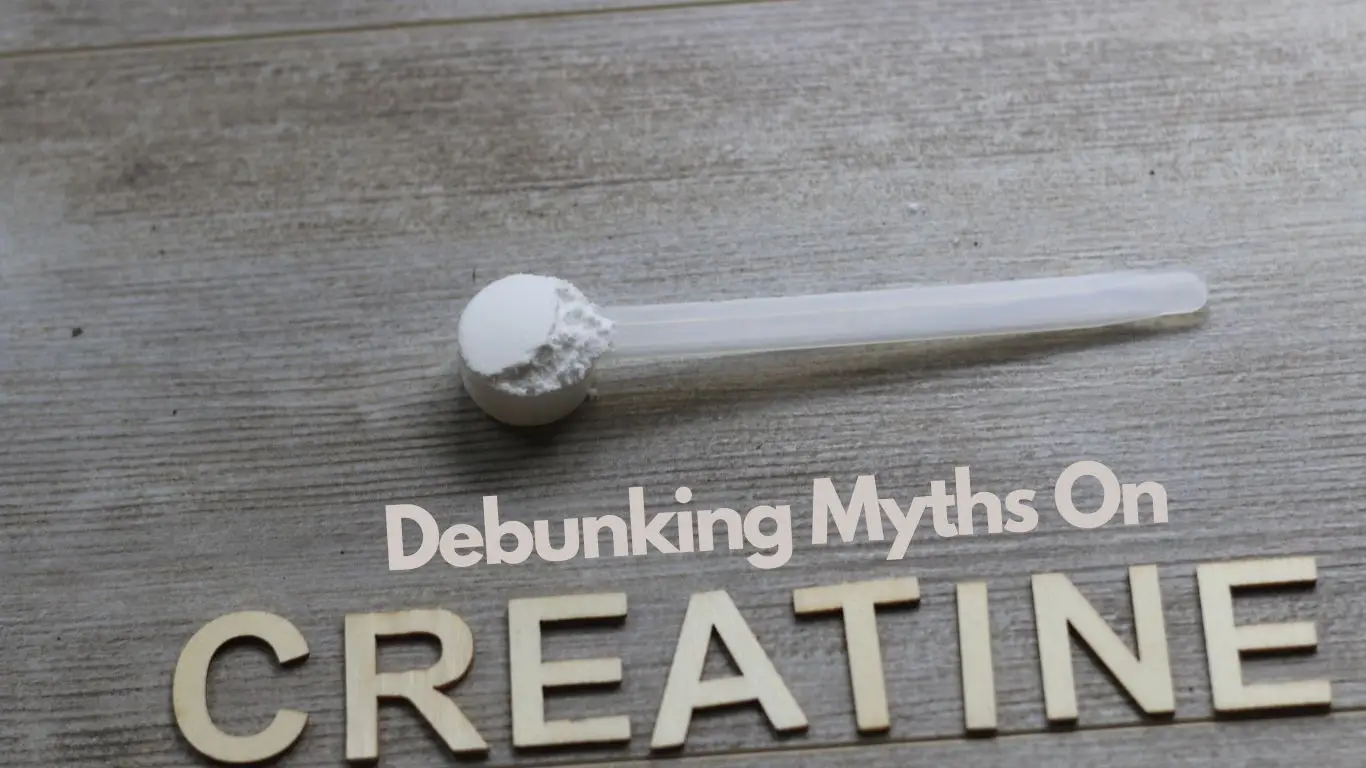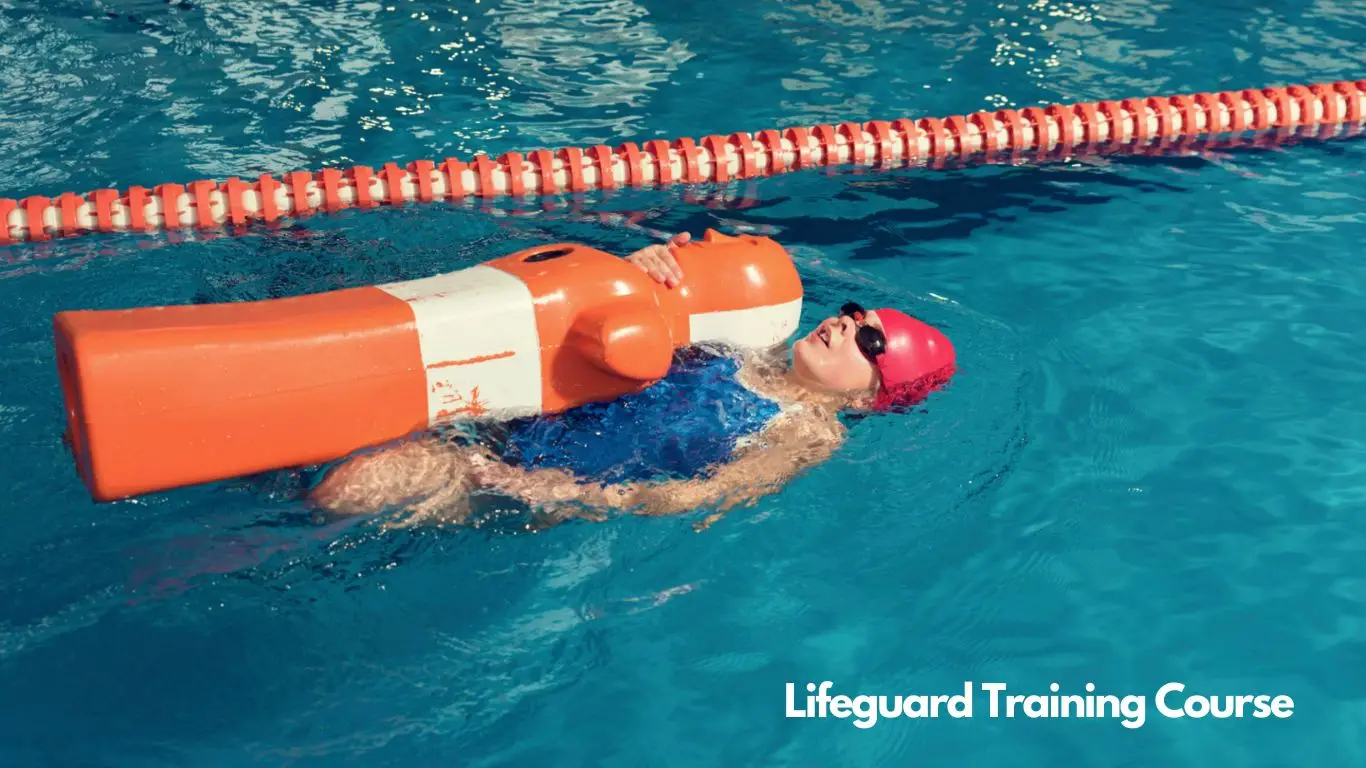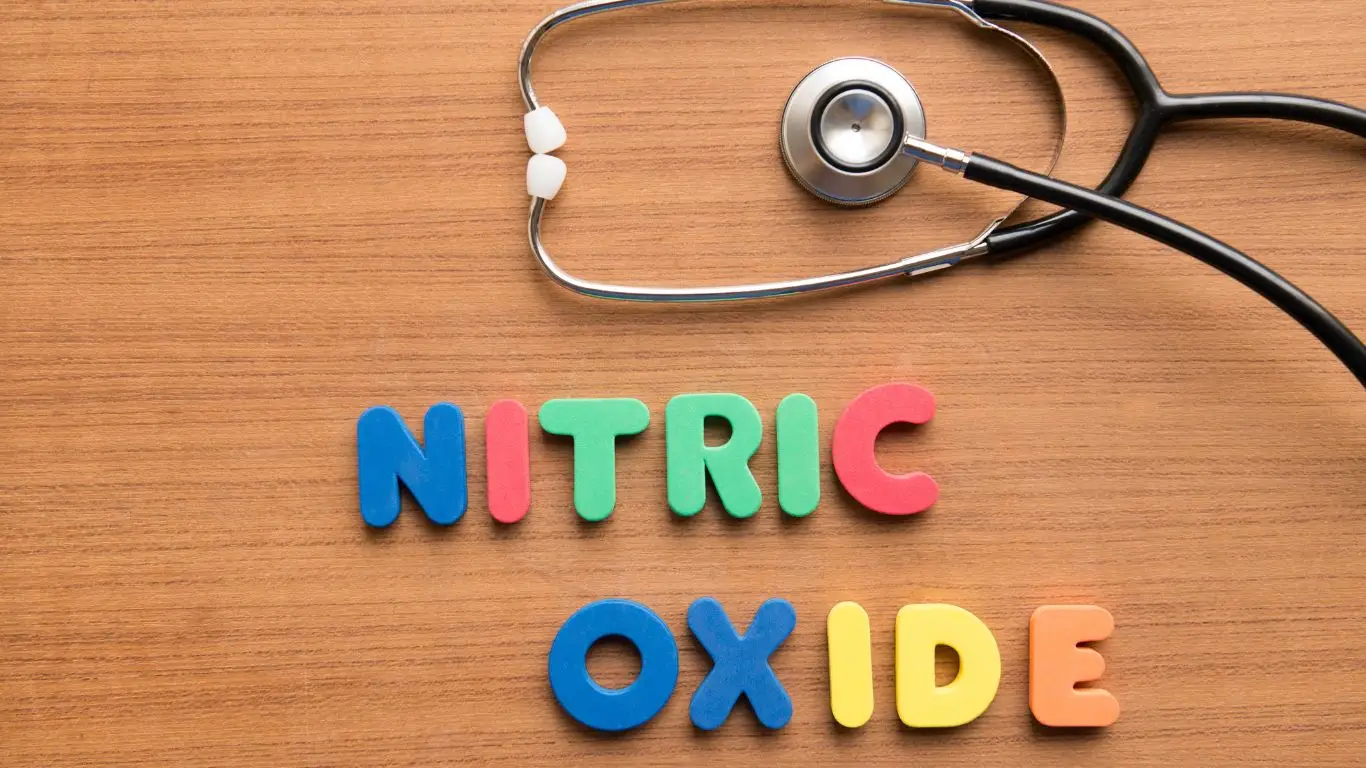Learn more about one of the most extensively investigated supplements. Creatine is typically found in foods such as beef and fish. Creatine is broken down in your body by the kidneys and liver. A combination of three amino acids forms creatine in the liver: arginine, glycine (non-essential), and methionine (essential).
It travels through the bloodstream and is absorbed by muscles with high energy demands, such as the brain and skeletal muscles. Skeletal muscle stores around 95% of the creatine in the human body. Every day, 1.5 to 2% of creatine is converted to creatinine, a metabolic product of creatine and an indicator of kidney health.
How does creatine help with improved performance?
Creatine supplementation has the major effect of increasing power output and lean muscle mass. ATP (Adeno-triphosphate) is the energy currency stored in your muscle cells, according to your biology courses. Each time your muscle contracts during a workout, it loses a phosphate and transforms into (Adeno-diphosphate). The body is unable to use ADP as energy, which creates a paradox. As a result, the body must tap into its energy reserve, the phosphocreatine reservoir (PCr), to borrow a phosphate in order to convert ADP into ATP, the body's acceptable energy currency.
Well, here is the contradiction
When you train, your energy requirements increase. As a result, the body is forced to replenish the lost energy by drawing from its energy reserve (PCR). The faster your energy reserves deplete, the faster exhaustion sets in. Creatine supplementation increases creatine reserves and PCr availability in the body, resulting in faster ATP production. Creatine supplementation boosts athletic and gym performance by replenishing your energy reserves, allowing you to stay in the game longer. When the cell has adequate ATP, creatine is transformed back to phosphocreatine.
Myths & facts about creatine
Creatine is one of the most studied sports supplements, and there is no evidence that it is dangerous. Creatine supplementation increases the heart and brain's function. Nonetheless, there are numerous fallacies about creatine supplementation.
MYTH #1: Creatine is bad for your kidneys
Creatine should not be avoided unless you have a pre-existing medical issue, as it will not harm your kidneys or liver. Many studies have demonstrated that creatine supplementation has no negative effects on how well the kidneys filter blood. Thus far, no study has discovered a substantial change in renal, hepatic, cardiac, or muscle function as a result of creatine supplementation. In one investigation, a person with a little damaged kidney was given 20g of creatine, and no problems were detected. In 2010, a research presented at the American College of Sports Medicine examined the kidney function of 36 healthy male and female athletes who ingested 10g of creatine per day. The trial lasted 12 weeks and found no negative effects on sports people's renal function at the conclusion.
MYTH #2: Creatine is responsible for hair loss
According to The Clinical Journal of Sports Medicine, creatine monohydrate raises your body's levels of Dihydrotestosterone, an androgen generated in your hair follicles. This androgen has the potential to disrupt the transfer of nutrients to the hair follicle. Yet, there is a major hereditary component to hair loss. You may inherit your father's receding hairline.
MYTH #3 Creatine produces a lot of water retention
Water retention commonly occurs when the creatine is of poor quality and the loading dose is increased. Excess salt in cheaply produced creatine might cause water retention.
MYTH #4 Creatine upsets the stomach
Stomach distress caused by creatine consumption is uncommon, with just 5-7 percent of creatine users experiencing stomach discomfort. That can happen if you don't drink enough water with your creatine, or if you take a lot of creatine in one dose or on an empty stomach. If taking too much creatine at once causes stomach distress, spread it out over the day or take it with meals.
MYTH #5 Creatine causes cramps and dehydration
Creatine supplementation is thought to produce cramps or dehydration in hot and humid environments. The truth is that creatine supplementation increases total body water and assists the athlete in maintaining hydration status. Numerous studies have demonstrated that taking creatine supplements can improve performance in hot and humid conditions while not affecting muscular cramps.
Conclusion
Use creatine to replenish your energy reserves, which can lead to intense workouts and explosive lifts. As a result, your muscular size and strength increase. Remember to drink more water while taking creatine supplements.



